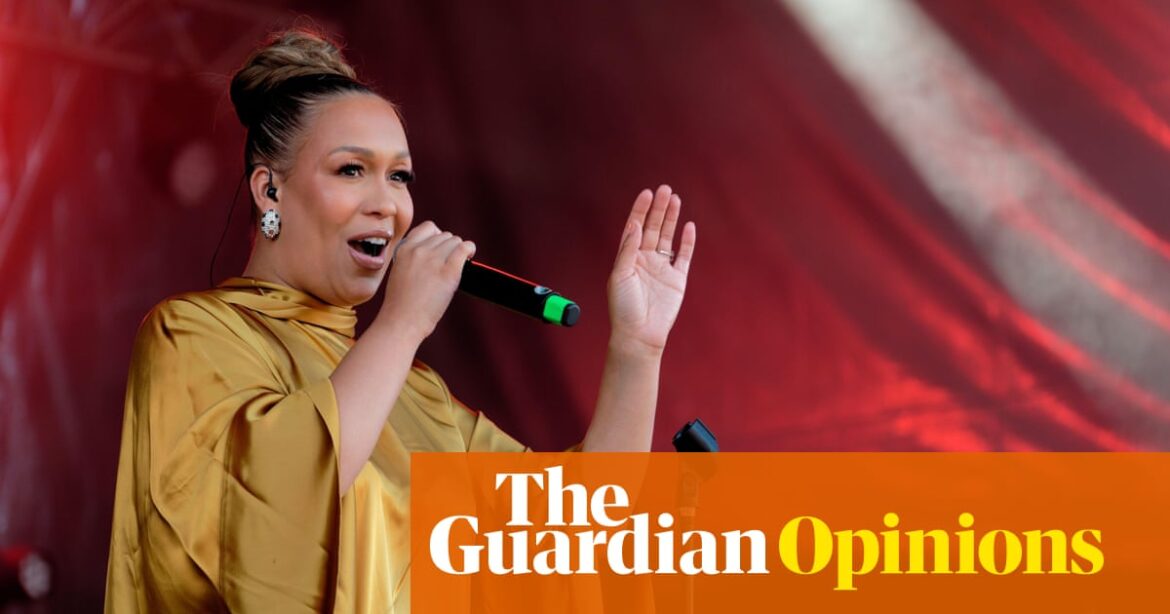
T
Today, a significant report was released by Parliament regarding the music industry in Britain. After considering the results of the Women and Equalities Committee’s research on Misogyny in Music, I was emotionally affected but not shocked. This 74-page document serves as a reflection of the structural obstacles and prejudices that women face on a daily basis in the music industry. It reveals a troubling picture of women being marginalized, discriminated against, and mistreated, all concealed within a culture of silence and a lack of awareness about intersectionality.
As a female musician of Black descent, I am all too familiar with these difficulties. The report’s findings of a severe lack of representation for women, especially Black women, in important positions, as well as ongoing gender discrimination and sexual abuse, and the detrimental effects on mental health due to misogyny, align with my own personal experiences and those of countless others. It is disheartening yet validating to know that our struggles are not mere figments of our imagination, but rather stem from a larger systemic issue.
The music industry’s established methods of controlling access are troubling. Despite being seen as innovative, the industry is actually controlled by a limited “boys’ club” mentality, as stated by those interviewed for the report. This mindset is evident in the preferential treatment given to certain groups, as seen in festival lineups, artist rosters, recording studios, and the overall industry workforce. It also manifests in prioritizing sexualization over genuine talent and authenticity. This perpetuates the exclusion of diverse talents and voices from entering and being recognized in the industry. It is imperative that we collaborate to eliminate the barriers that have hindered the advancement of women in our field.
The report has brought up a concern that requires a firm stance from us – the misuse of non-disclosure agreements (NDAs). WEC suggests that the government prohibit the use of NDAs and other confidentiality agreements in situations involving sexual abuse, harassment, bullying, or discrimination. This would be a crucial measure in upholding the credibility of our field and promoting fairness and openness.
Additionally, the report emphasizes the significance of intersectionality. The challenges present in the music industry are not solely based on gender or race, but also on how these identities intersect and contribute to unique experiences of discrimination and marginalization.
New evidence has emerged in 2021 from the report “Being Black in the UK Music Industry” by Black Lives in Music. The findings reveal significant pay disparities, with Black women earning 19% less than Black men, 25% less than white women, and 52% less than white men. This data serves as a clear indication of the systemic inequalities present in the industry. The report suggests that one solution to address intersectionality is to activate section 14 of the Equality Act, which offers protection against discrimination based on a combination of two characteristics. However, this provision has yet to be implemented.
WEC’s recommendation that organisations with more than 100 employees should be required to publish data on the diversity of their workforce and gender and ethnicity pay gaps is a good start to achieving transparency in pay structure and equal pay for equal work. However, Black Lives in Music would like to see the threshold be 50 employees or more, to ensure a fair and equitable environment for all.
The music industry must work together with CIISA (Creative Industries Independent Standards Authority) to effectively address issues of bullying, harassment, and discrimination. It is not sufficient to simply acknowledge these problems; we must also play a role in developing and enforcing solutions. CIISA is an integral part of the solution.
The work we do at Black Lives in Music and the WEC report is meant to drive change. We are not simply pointing out issues, but also devising plans for a more equitable and diverse music industry. The WEC has expressed the importance of the music industry taking action based on the suggestions in this report. We require a commitment to change from all players in the industry – from record labels to individual artists, from orchestras to music festivals to grassroots movements. It is only through working together that we can guarantee a music industry that welcomes and supports individuals from all backgrounds.
I am grateful for the WEC report, which has given a voice to those who have experienced discrimination, bullying, and harassment. The calls we receive at Black Lives in Music every week serve as evidence of the ongoing problems in these areas. I want to express my appreciation to the courageous individuals who have shared their stories with us, as they have played a crucial role in bringing about tangible change. Their bravery in speaking out serves as a powerful example of the strength and determination required to create a more equitable and secure music industry.
-
Charisse Beaumont is chief executive of Black Lives in Music
Do you have thoughts on the topics discussed in this article? If you would like to share a response of up to 300 words via email for potential publication in our letters section, please click here.
Source: theguardian.com



